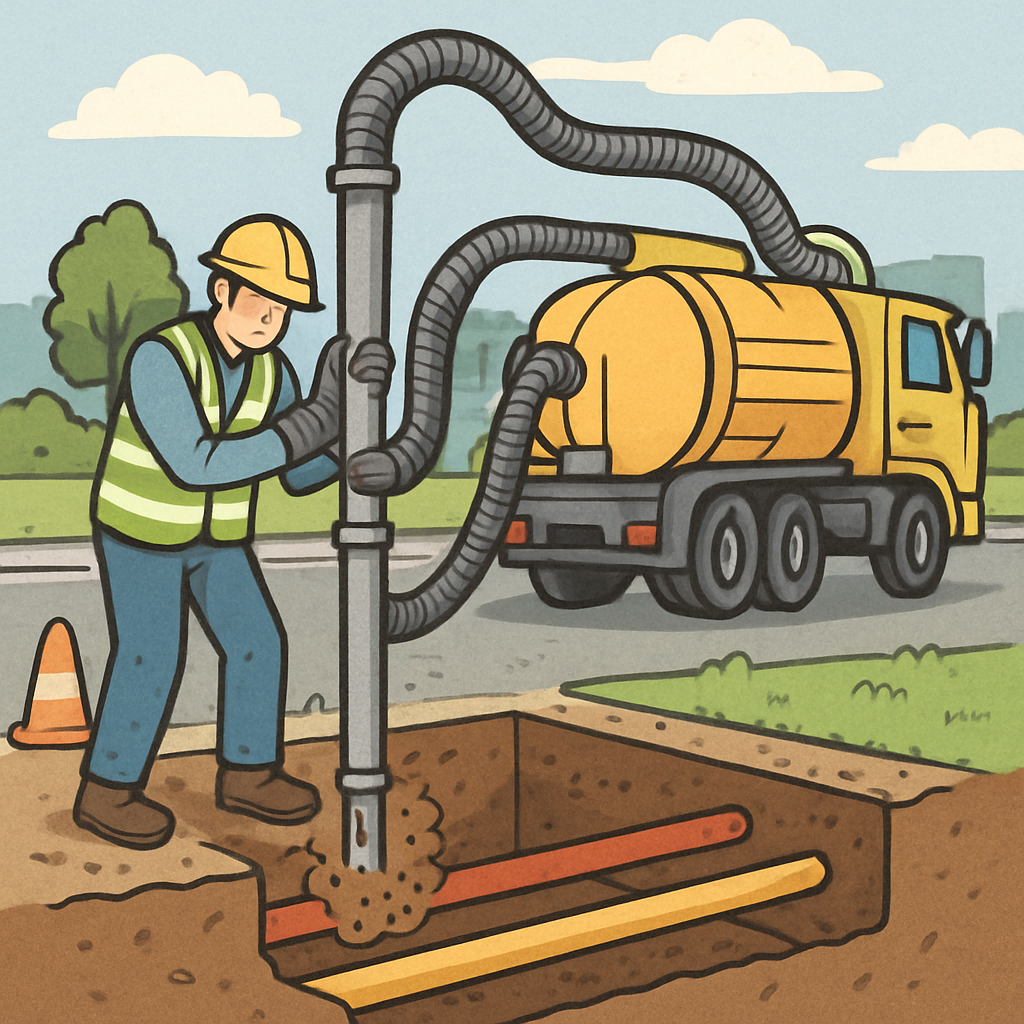Microbiology is a fascinating and rapidly growing field that deals with the study of microorganisms, including bacteria, viruses, fungi, and parasites. Microbiologists play a crucial role in understanding and controlling the spread of infectious diseases, as well as in developing new drugs and vaccines. If you’re considering a career in microbiology, this article will provide an overview of what this field entails and the various opportunities available.
Microbiologists are scientists who study microorganisms and their impact on human health, agriculture, and the environment. They use various techniques such as microscopy, culture, and molecular biology to identify and analyze microorganisms. They also conduct experiments and research to understand how microorganisms interact with their environment and how they can be used to benefit society.
One of the most common areas of microbiology is medical microbiology, where microbiologists work in hospitals, clinics, and research institutions to identify and control the spread of infectious diseases. They analyze samples of blood, urine, and other bodily fluids to identify the presence of bacteria, viruses, or other microorganisms. They also work with physicians and other healthcare professionals to develop treatment plans for patients.
Another area of microbiology is agricultural microbiology, where microbiologists work to improve crop yields, soil health, and animal health. They study the interactions between microorganisms and plants, animals, and soil to identify ways to improve crop yields and reduce the use of pesticides and other chemicals.
Industrial microbiology is another popular field, where microbiologists work to develop new products and processes using microorganisms. They may work in the food, beverage, and pharmaceutical industries to develop new products, such as fermented foods and antibiotics. They also work in the biotechnology industry to develop new products and processes, such as biofuels and biodegradable plastics.
To pursue a career in microbiology, you typically need a Bachelor’s degree in microbiology, biology, or a related field. Many advanced positions, such as research positions, require a Master’s degree or PhD. Microbiologists should have strong analytical skills, be comfortable working with technology, and have a passion for science and research.
The job market for microbiologists is strong and is expected to grow in the coming years. According to the Bureau of Labor Statistics, employment in the microbiology field is projected to grow 7% over the next decade, with the highest demand in the biotechnology and pharmaceutical industries.
In conclusion, a career in microbiology is a challenging and rewarding field that offers a wide range of opportunities to make a difference in human health, agriculture, and the environment. With the right qualifications and skills, you can make a meaningful impact on the world and contribute to the development of new products and treatments.







